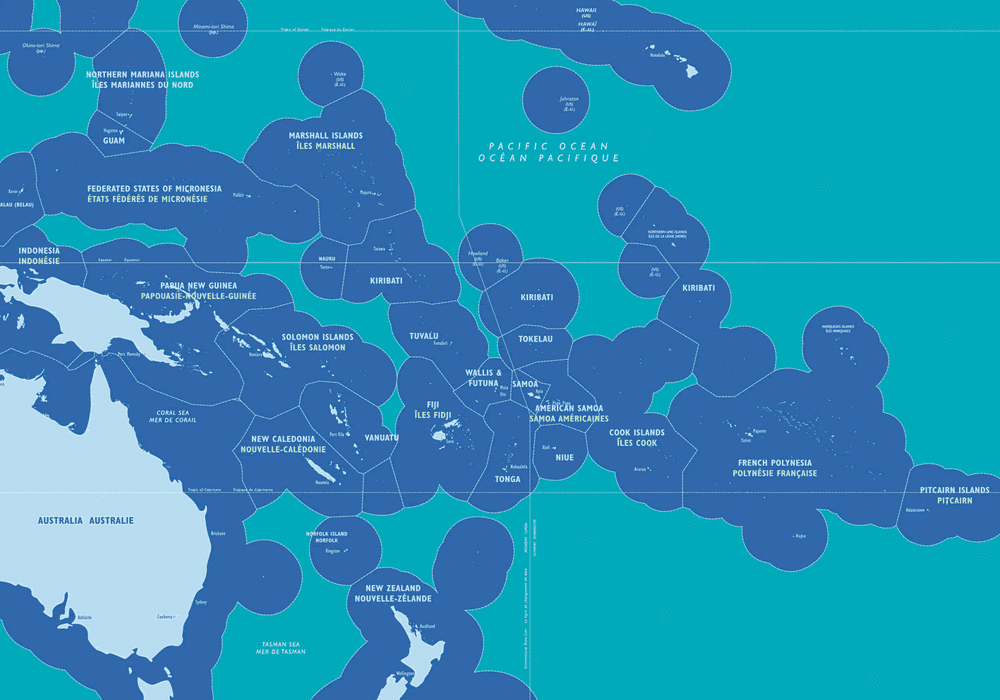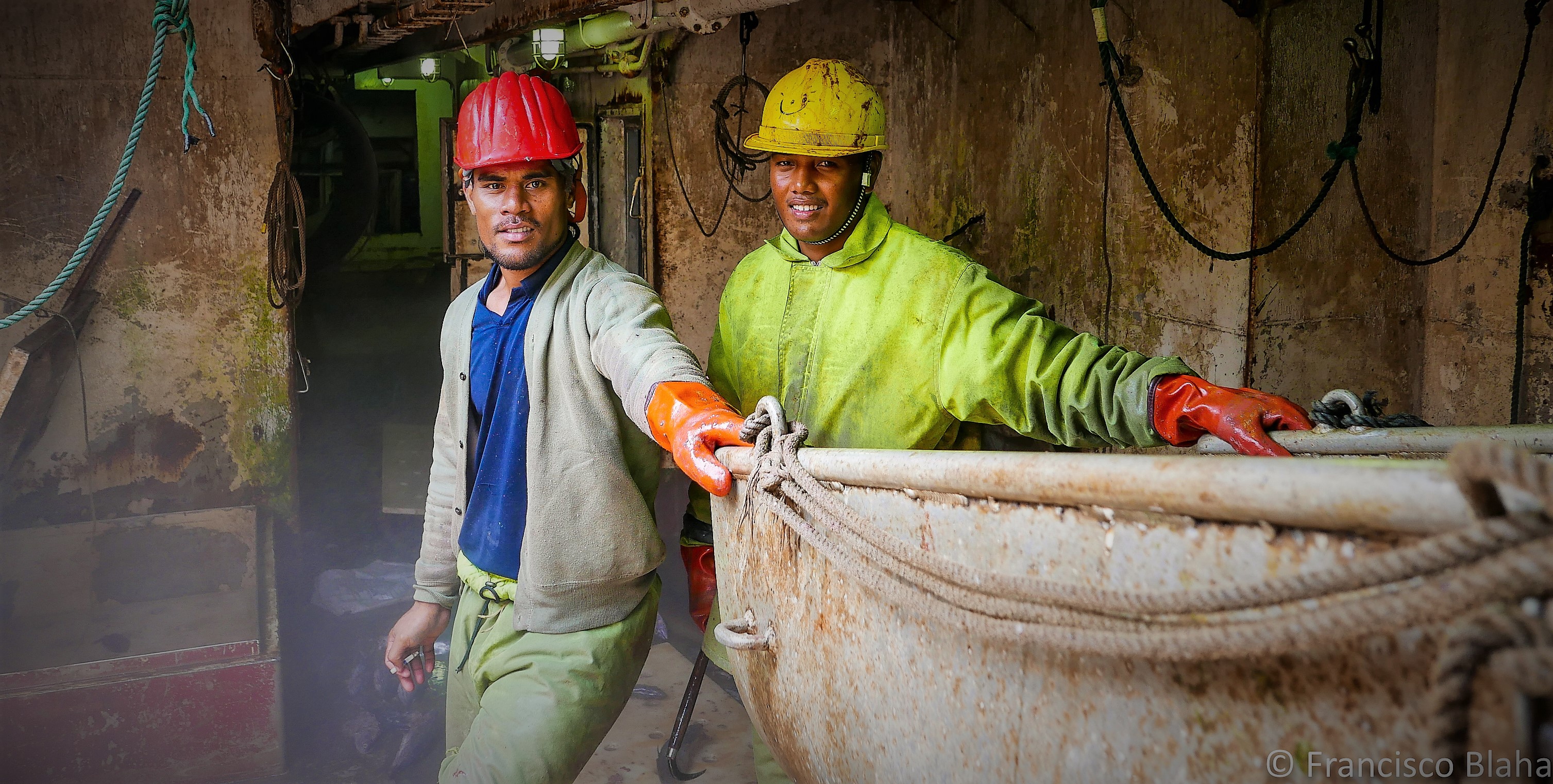In accordance with the United Nations Law of the Sea Convention (UNCLOS) Pacific Island Countries (PICs) have the use and management rights to the resources within and under huge areas of Pacific ocean. These rights include the exclusive sovereign rights to use and manage all of the resources in these ocean spaces and on and under the seabed. However, there remains disagreement between some PICs over where the maritime boundaries should be drawn as well as a lack of a unified position in relation to how the resources should be exploited.
As the world goes through unprecedented change due to the Covid-19 pandemic, renewed cooperation among PICs is more important than ever to secure better governance, more effective fisheries management and more benefits from the resources flowing back to Pacific Islanders.
Dr Transform Aqorau has recently published an insightful article that explains some of the resilience more Pacific based tuna operations are experiencing in the face of Covid-19. This is available here.
In this legal bulletin we set out an explanation of the law and governance context that we hope explains why and how more regional cooperation to implement a shared plan with more transparency at regional and national levels will benefit Pacific Islanders.







